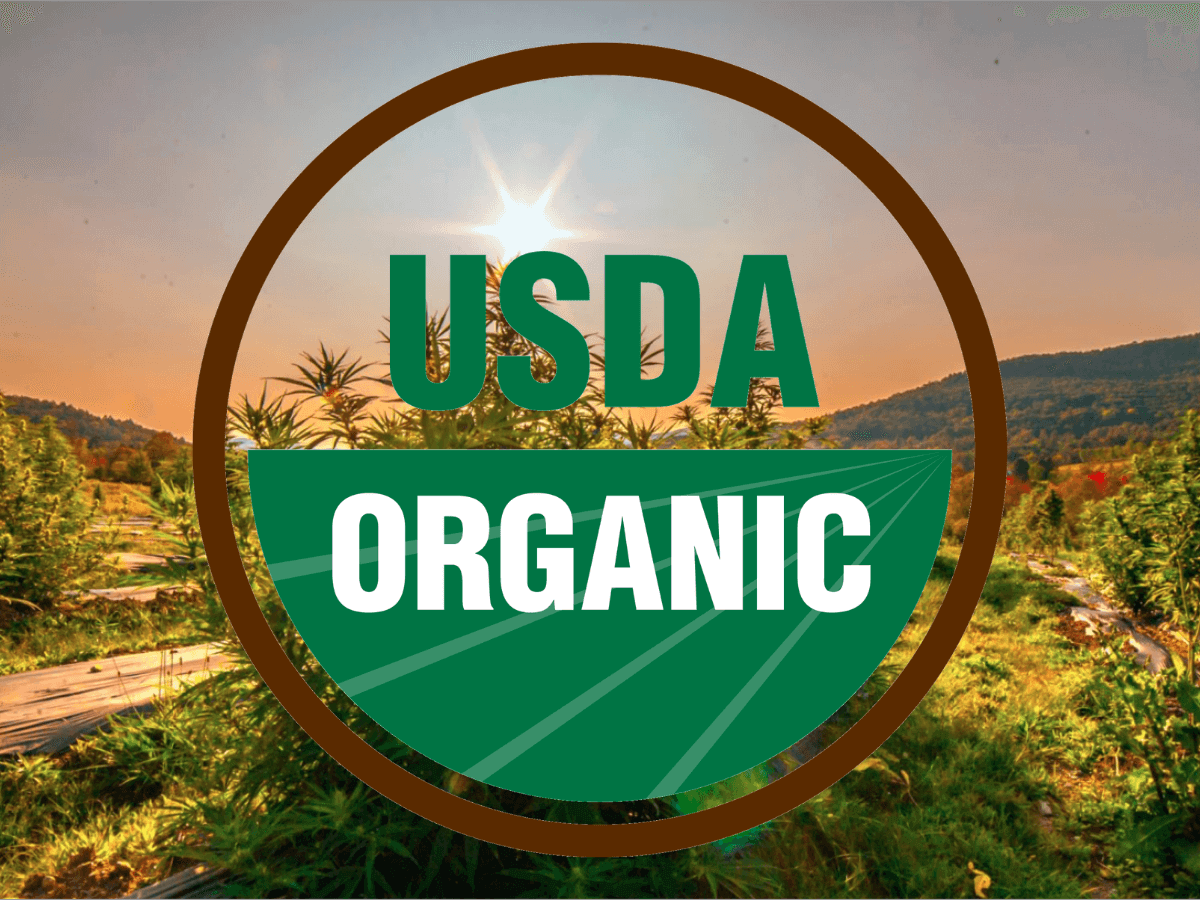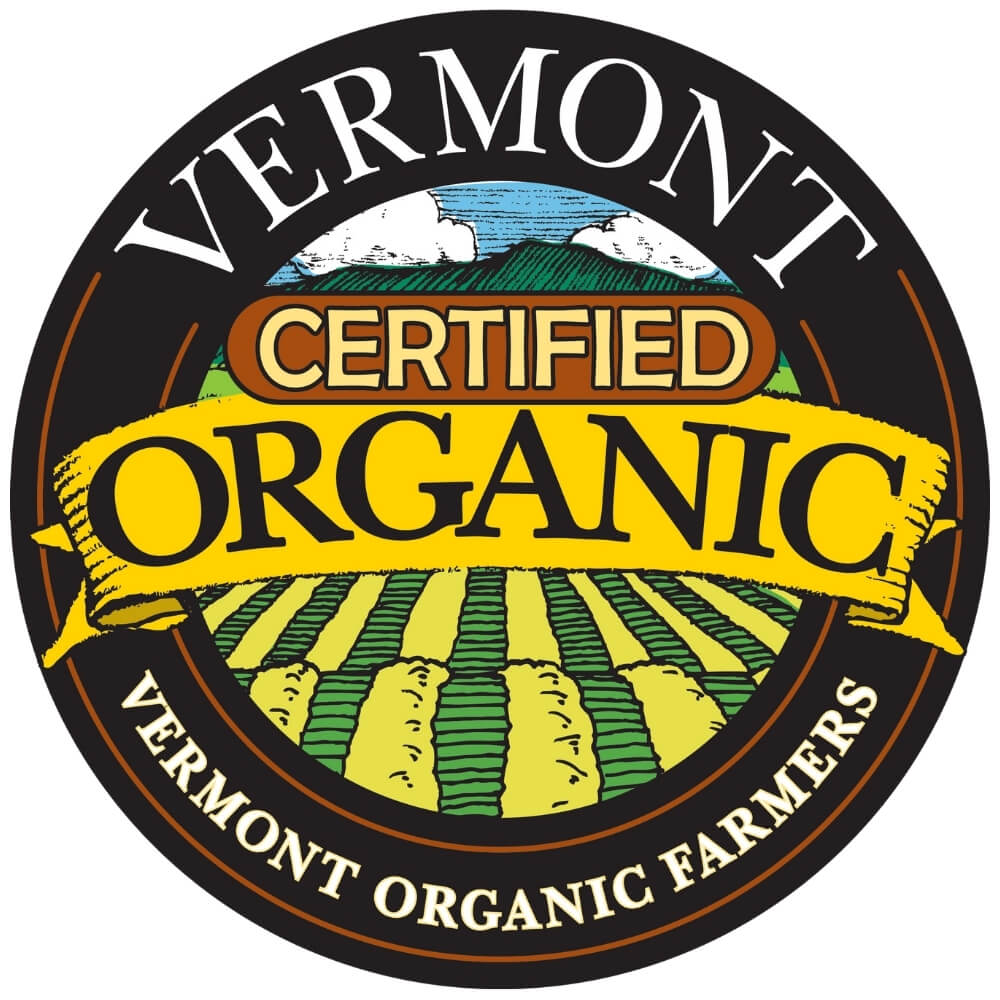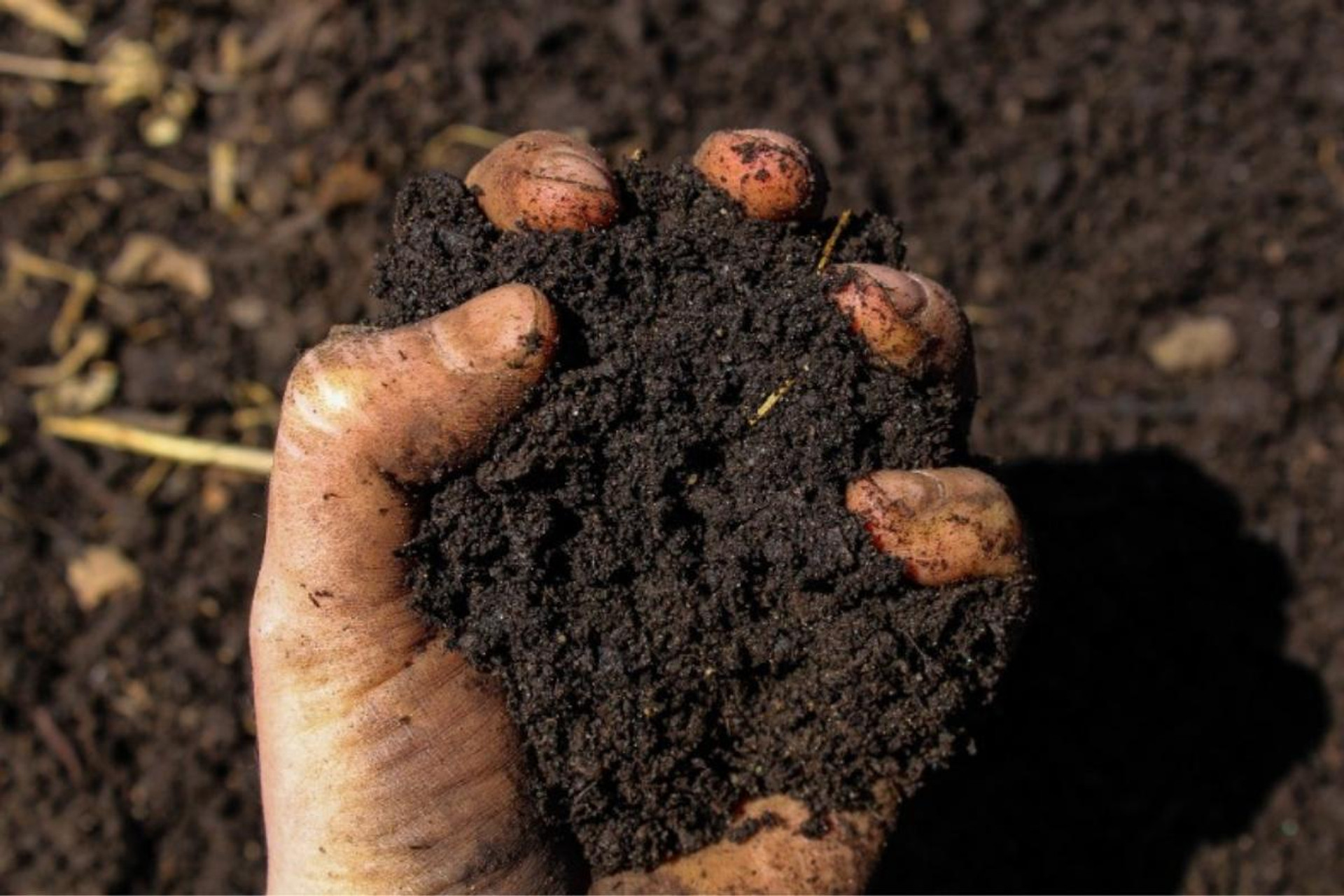Certified Organic CBD: What it Means
2nd Dec 2020
Choosing organic CBD and CBG is a great way to ensure that you’re getting high-value ingredients that are produced using sustainable practices.
Here at Luce Farm Wellness, we’ve always endeavored to bring you the highest-quality and most natural hemp products, which is why we’re proud of our certified organic seal. What does certified organic really mean, what’s the process of getting organically certified, and why is it important? We’ll show you everything you need to know about organic CBD and CBG.
What Does Organic Mean?
You’ve probably seen the certified organic seal on items like groceries, cosmetics, and even textiles such as cotton, but not everyone knows what the term “organic” really means. In scientific terms, organic means “of, relating to, or derived from living organisms.” While this is certainly true of organic products, the US Department of Agriculture (USDA) and state organic certification programs have a stricter definition of what it means to be organic.
In 1990, the United States Congress passed the Organic Foods Production Act to standardize organic production. This act created the National Organic Program (NOP) under the USDA. The NOP defines organic agriculture as “a production system that…responds to site-specific conditions by integrating cultural, biological, and mechanical practices that foster cycling of resources, promote ecological balance, and conserve biological diversity.”
This is a technical way of saying that organic operations must use farming and production techniques that either maintain or improve the surrounding water and soil quality, contribute to the environmental conservation of land and living creatures, and refrain from using a long list of potentially harmful substances.
The NOP has outlined a National List of Allowed and Prohibited Substances for organic production. Generally speaking, synthetic substances are prohibited unless specifically permitted and non-synthetic substances are allowed unless expressly forbidden. Genetically modified organisms (GMOs) are also prohibited.
Why is Organic CBD important?
Certified organic produce has been around for decades, but certified organic CBD and CBG are still fairly new products. It wasn’t until 2018 that the U.S. Farm Bill formally removed hemp from the federal list of Schedule I controlled substances. The passage of this bill allowed farmers to begin growing hemp crops for the purpose of making CBD and made it possible for hemp products to become organically certified by following the same process as other agricultural products.
The CBD industry has grown exponentially in the first few years, but not all CBD producers are as committed to quality as Luce Farms Wellness. While there are many companies that produce safe and effective hemp products, there are others that attempt to cut corners and costs by using synthetic fertilizers, GMOs, and chemical additives. One way to verify that you’re getting the highest quality CBD is to look for the certified organic seal. Certified Organic CBD products must be produced in accordance with USDA organic regulations and are subject to routine and surprise inspections to ensure compliance.
Getting organic certified requires enormous effort on the part of the farmers, who must keep meticulous records, maintain organic standards at all times, and pay a hefty sum in application fees. Why jump through all these hoops when plenty of other CBD producers do not? At Luce Farm Wellness, quality is at the heart of what we do, and we want to give our customers the peace of mind that comes with the certified organic seal.
Benefits of Certified Organic CBD and CBG
Becoming organic certified is not an easy or quick process, but we find that the benefits of organic CBD make it well worth the effort. Some advantages of organic CBD include:
- Proper labeling: Certified organic products must display accurate labeling. Each organic ingredient must be identified as such. The label should also display the statement “certified organic by,” followed by the name of the certifying agent. Illegally representing non-organic products as organic could lead to prosecution and fines of up to $11,000 per violation.
- Clean ingredients: Buying certified organic CBD means your hemp extract was produced without any of the banned materials specifically outlined in the National List of Allowed and Prohibited Substances. In this way, you can rest assured that your products are made with clean and natural ingredients.
- Product safety: Because of their rigorous standards, certified organic products are far less likely to be recalled due to the presence of harmful substances such as heavy metals or carcinogens, as some non-organic CBD products have been in the past.
- Accountability: The CBD industry is still largely unregulated. This means that it is the responsibility of the company to ensure their products will help and not harm their customers. Organic certification provides an added degree of accountability that can help consumers make better decisions for their own health and wellness.
Types of Organic Certifications
The specific organic certification that a business can earn varies based on their location and individual operation.
Three major types of organic certifications include:
- State Certification: The USDA itself is not a certifying agent. While the USDA National Organic Program(NOP) is responsible for setting standards and enforcing organic compliance, accredited local organizations do most of the leg work in terms of certifying organic products. In our case, the local certifying body is VOF, or Vermont Organic Farmers, which is accredited by the USDA National Organic Program. State organic programs must meet the requirements for organic programs as specified in the Organic Foods Production Act and may have additional organic regulations to follow within their program.
- USDA Organic Producers: This type of certification is for businesses that farm and harvest crops. It applies to unprocessed agricultural products such as fresh fruits, vegetables, and raw hemp.
- USDA Organic Handlers: In addition to farmers who grow organic ingredients, the companies that process these ingredients must be certified as organic handlers in order to market their products as USDA Organic. Organic handlers must use organic ingredients and organic processes to create their final product.
For businesses like ours at Luce Farm Wellness, where we grow our hemp and make our products, both Producer and Handler certifications apply.

The Certification Process: How to Get Organic Certified
Whether a business is applying for a producer or a handler certification, the process of becoming organic certified follows a similar protocol. Once the application is sent, organic certification can take between 3 and 6 months to complete, however this timeline does not account for the years of preparation that are required before a farm can even become eligible to apply.
By applying to become organic certified, the business operators agree to learn and apply all the necessary requirements, comply with requests for information from the certifying agent, and allow the inspection of their farm whenever the inspector requests.
Step 1: Determine Eligibility for Organic Certification
Organic practices do not begin on the day that a farm or production facility applies for organic certification. Farmland is only eligible for organic certification if no prohibited substances have been applied to it in the last 36 months.
If the land was recently acquired, the current and prior owners must provide documentation that they have not used prohibited substances consecutively in the same time period. For example, if the prior owners could prove that they started using all organic substances for one year before selling the land, the new owners would need to continue using organic practices for another two years after acquiring the land to be eligible to apply for organic certification .
Step 2: Submit Application and Fee
Once a facility has determined their eligibility, it’s time to begin the application process. A complete application includes the following:
- Organic System Plan: Required by the NOP, the Organic System Plan outlines how the business will maintain organic compliance by explaining in detail how they intend to perform their farming methods or production processes and what they will use to do so.
- Farm map: A current map that shows the fields, facilities, and the surrounding land.
- Field histories: The operators must maintain and submit extensive records of which crops have been planted and what substances (like manure or fertilizer) have been used.
- Report of organic yields and sales: An estimated or actual record of harvest yields and projected or actual earnings.
- Operator agreement or affirmation: This agreement is signed by the person responsible for overseeing the organic operation and affirms that the submitted information is correct.
- Application Fees: The cost of applying for organic certification varies depending on the size and nature of the operation, and can be as much as several thousand dollars. In addition to the application fee, there is a renewal fee, inspection fee, and an assessment on annual sales.
Step 3: Application Review
Once the application is submitted to a certifying agent, the certifier determines whether the producer or handler has described their operation in sufficient detail, and whether they meet organic farming standards. If all components of the application are in order, the certifier will assign an inspector to verify the information.
Step 4: Inspection Visit

The selected inspector will pay a visit to the farm during production season to ensure that the producers are carrying out their Organic System Plan accurately. The farm owners must provide full access to all of the organic operation and any relevant records on crops, soil conditions, pest management and more.
The inspector will inform the farmers of any discrepancies or regulatory violations, but are not allowed to advise the farmers on how to adjust their operations. Depending on the program, the inspectors may make additional announced or unannounced visits throughout the year. The inspector will submit their report to be reviewed by the certifier.
Step 5: Receive and Maintain Certification
If the certifier finds the operation to be in compliance, the farm will be issued an organic certificate. The producers or handlers must renew the certification annually by providing an updated OSP, reporting yearly yields and sales, paying the renewal fee, and undergoing an annual inspection.
The Bottom Line
Achieving organic certification requires constant scrutiny and strict adherence to organic standards. While not an easy feat to achieve and maintain, we at Luce Farm Wellness feel strongly that certified organic CBD and certified organic CBG are superior products that can help effectively promote your wellness.
